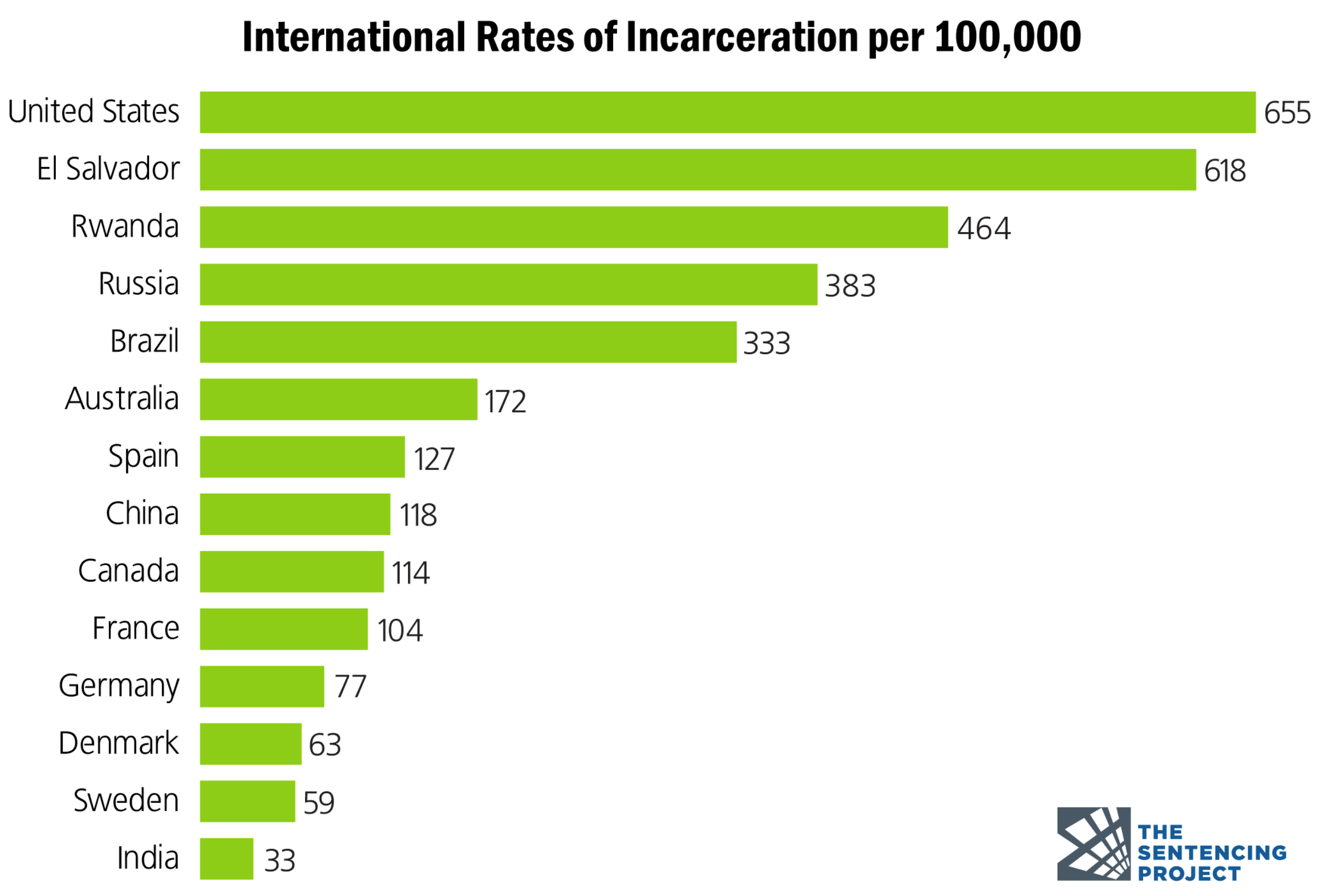Connecting Structural Racism and Mass Incarceration
Author: Paul Urian
September 15, 2020
Editor's note: Many thanks to Paul Urian for contributing this week's blog
post. Periodically over the coming weeks, guest writers will share
information and expand the discussion of First Presbyterian
Haddonfield's commitment to the PC(USA)'s Matthew 25 initiative to
dismantle structural racism.
Okay, let me just put it out
there. Most White people are uncomfortable talking about racism and White
Privilege. Some of you may have even thought twice about reading this week’s
blog because the topic makes you uneasy and unsure. I am glad you decided to
read on.
Earlier in the summer Pastor Doug
announced that Session voted to join the PC(USA)’s Matthew 25 initiative. Matthew
25:31–46 calls all of us to actively engage in the world around us, so our
faith comes alive and we wake up to new possibilities. The General Assembly
exhorted the PC(USA) to act boldly and compassionately to see our neighbors
through Jesus’ eyes and serve those who are marginalized or in need — people
who are hungry, thirsty, naked, sick, imprisoned, strangers, poor or oppressed
in other ways, and in need of welcoming. Jesus calls us to serve with and for “the least of these” — not
as a group to be pitied, but as people who are deeply loved by Jesus.
There are three themes of action
in the Matthew 25 initiative, each grounded in the gospel. Session chose to
focus on the daunting need to Dismantle Structural Racism. I thought it might
be helpful to give us some common language to use when talking about Racism.
The term “Racism” can be defined
as individual prejudices and acts of discrimination and/or institutional policies and practices which result in the unjustified negative treatment and
subordination of the members of a racial or ethnic group. (Source: Scholars
Gerald Pine and Asa Hilliard). Yes, you might need to read that over again. I
know I did.
What I am realizing is that
prejudice, discrimination and racism do not require intention. What we say and
what we do can be racist without us ever intending it to be. While there are
plenty of folks in the U.S. who commit individual acts of prejudice and
discrimination, it's equally possible that we support or are not aware of
governmental policy and cultural norms that have racist impact.
Mass Incarceration is a direct
result of systemic racism. I have never been fond of having “for profit”
prisons and have been alarmed about the number of people we send to jail and
prison. Yet it wasn’t until I listened to the sermon given by Steve Tumolo, Executive
Director of “Heart to Heart,” an organization that supports healing for returning
citizens that I started to see the “structural” nature of racism. It was
through this sermon that I began to recognize how racist our laws and
governmental practices can truly be.
Let me give you some examples:
- On any given night, nearly 500,000 people go to sleep in U.S. jails awaiting trial simply because they cannot afford bail — even though they are “presumed innocent.” In reality they are held because they are poor. And they are overwhelmingly People of Color (Source: The Bail Project). The women that our “Prison Ladies” support, visit and pray with at the Camden County Jail are part of this group.
- As the chart below shows, the U.S. has the highest incarceration rate in the world. In 2018, there were 2.2 million people in U.S. jails and prisons. The chart depicts the number of incarcerations per 100,000 residents.

-
Alarmingly, the U.S. doesn’t just imprison more people than any other country in the world. Those imprisoned are disproportionately People of Color. And sadly, New Jersey has the highest Black/White disparity in the country. N.J. Blacks are 12 times more likely to be imprisoned than N.J. Whites based on the rate of incarceration per capita. 12 times more than Whites! (Source: The Sentencing Project)
- More people are behind bars today for a drug offense than the number of people who were in jail or prison for any crime in 1980. (Source: The Sentencing Project). At the same time, Blacks who are found in possession of Marijuana are 3 times more likely than Whites to be arrested for it. (Source: The Philadelphia Inquirer)

The list can go on and on. I present these jarring
numbers as examples of what we, followers of Christ, can focus on to Dismantle
Structural Racism. We do it by fearlessly applying our faith to advocate and
breakdown the systems, practices and thinking that underlie discrimination,
bias, prejudice and oppression of People of Color. Care to share your thoughts with me? You can
send them to me at umanpaul@me.com. I’d be glad to continue the conversation.
BACK